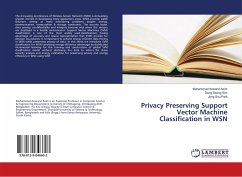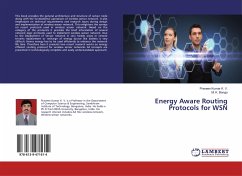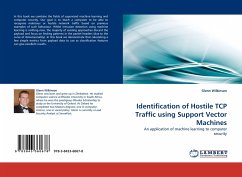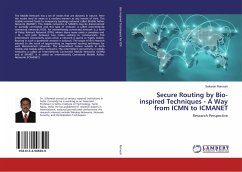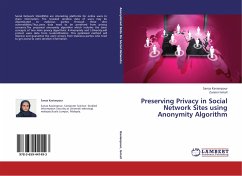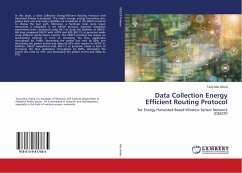The increasing prominence of Wireless Sensor Network (WSN) is stimulating greater interest in developing many application areas. WSNs promise viable solutions aiming at many monitoring problems despite energy, communication, computation & storage constraints. The security issues, data privacy, confidentiality and integrity become vital when the sensors are deployed in a hostile environment. Support Vector Machines (SVM) classification is one of the most widely used classifications having advantage of accuracy and sparse representation that SVMs provide for decision boundaries. It is important to achieve energy efficient data mining in WSN while preserving privacy of data. In this thesis we introduce SVM classification for WSN consisting energy efficiency advantage by distributed incremental learning for the training and construction of global SVM classification model without disclosing the data to others. We show security analysis and energy estimation for preserving privacy and energy efficiency in WSN using SVM.

